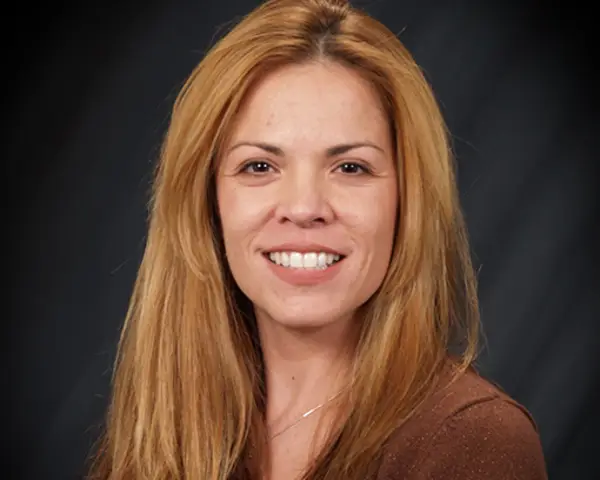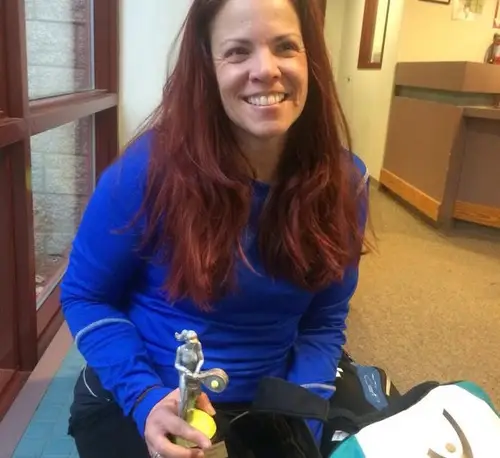Lissette M. Saavedra
Fellow, Senior Research Psychologist

Fellow, Senior Research Psychologist
PhD, Psychology, Florida International University
MS, Applied Developmental Science and Mental Health, Florida International University
BA, Psychology Florida International University
Dr. Saavedra shared her thoughts on mentoring both throughout her career and now as a member of the Fellow program.
Mentoring is one of the most rewarding parts of my work. I often feel like I learn more through mentoring than I do when I’m not. This is especially the case when working across disciplines. There’s something powerful about discovering shared purpose with someone whose training differs from your own. As a Fellow, I now have the flexibility to extend this across the Institute and I am enjoying this process.
I love mentoring people from different fields. Finding unexpected common ground across scientific disciplines opens up a kind of creativity that’s hard to access when you only stay within your own lane. Mentoring isn’t just about passing along skills, knowledge or insights. It’s about expanding your own understanding through conversation, collaboration, and the fresh insights that early-career scientists bring to the table. Both my parents reiterated often: El que enseña, aprende dos veces. In English this simply means- to teach is to 'learn twice' and expand your understanding and learn from those you are sharing with. This has been evident in mentoring and as a Fellow I get to continue 'learning twice.'

When she is not working, Dr. Saavedra enjoys reading contemporary fiction, cooking, and playing racquet sports, especially tennis.
“I discovered tennis later in life and struggled at first to even make contact with the ball. I eventually won my first singles tennis tournament, a day I still cherish. Although my competitive days are behind me, I try to keep a racquet or paddle in hand most days of the week. I used to believe that playing other racquet sports would interfere with my tennis form and limit my consistency. Instead, playing table tennis and now pickleball has actually sharpened my reflexes and strengthened my overall game. It mirrors what I’ve learned through mentoring across disciplines: when we step outside our lane and comfort zone it can lead to surprising and meaningful growth.”
To speak to this expert or inquire about RTI services, you can reach us at +1 919 541 6000 or use the contact form below. For media inquiries, please reach out to our Media Relations team at news@rti.org.
